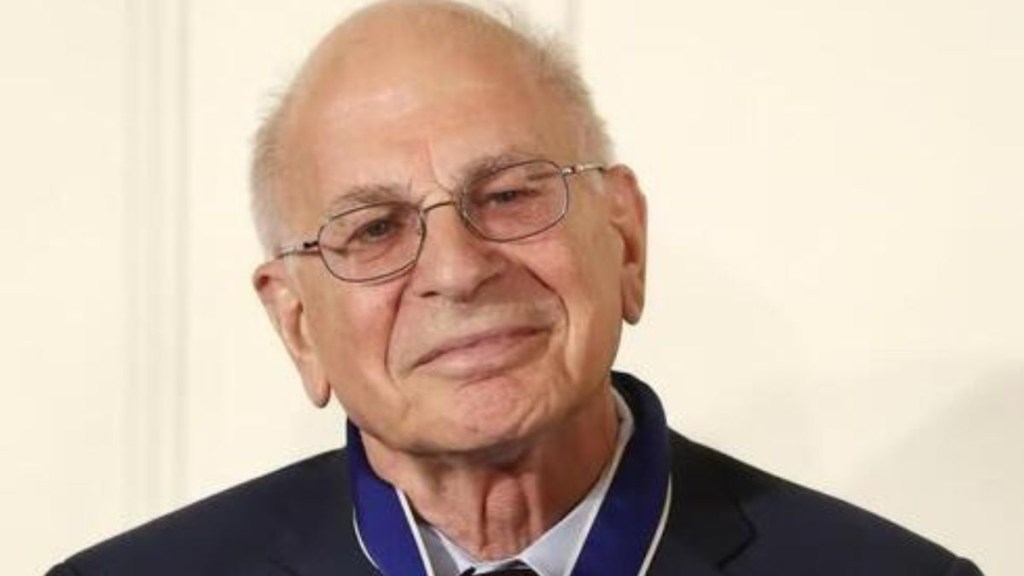Renowned Nobel Prize laureate Daniel Kahneman, celebrated for his noteworthy work in behavioral economics, passed away at the age of 90. Kahneman, an Israeli-American scholar, remained affiliated with Princeton University until his demise. His passing was confirmed by the institution through a statement on its website. In a press release, former colleague and professor Eldar Shafir expressed, “Many realms within the social sciences were profoundly influenced by his contributions. His absence will be deeply felt.”
Ten things about Daniel Kahneman that should be known:
- Daniel Kahneman was born in Tel Aviv on March 5, 1934. His family originally hailed from Lithuania but had relocated to France before settling in Palestine. During World War II, Kahneman’s father, a Jewish chemist, was detained due to his religious affiliation but was subsequently released. After the war, the family settled in Palestine.
- Daniel Kahneman attained a bachelor’s degree in psychology from the Hebrew University in Jerusalem in 1954.
- He earned a Ph.D. from the University of California at Berkeley in 1961.
- After completing his Ph.D., he returned to the Hebrew University to teach in the psychology department.
- In 2002, Daniel Kahneman was honored with the Nobel Memorial Prize in Economic Sciences for his groundbreaking research bridging the fields of psychology and economics.
- He also challenged traditional economic paradigms that presumed individuals to be entirely rational and solely self-interested. Instead, Kahneman argued that human decision-making is susceptible to various cognitive biases, which can distort judgments and behaviors.
- In 1993, he transitioned to Princeton University in New Jersey, where he assumed the role of a psychology professor and lectured at the Woodrow Wilson School of Public and International Affairs.
- In a 2012 interview, Daniel Kahneman remarked, “People are designed to tell the best story possible. We don’t spend much time saying, ‘Well, there is much we don’t know.’ We make do with what we do know.”
- Speaking about his collaborator Tversky, with whom he worked for over a decade on their Nobel Prize-winning research, Kahneman expressed, “Amos and I experienced the marvel of possessing a goose that could lay golden eggs together – a collective intellect that surpassed our individual capacities. I believe I’ve shared more than half of the laughter in my life with Amos.”
- Harvard University professor Steven Pinker stated in a 2014 interview with the Guardian that Daniel Kahneman was “the world’s most influential living psychologist. His contributions are truly monumental in the annals of intellectual history.”

